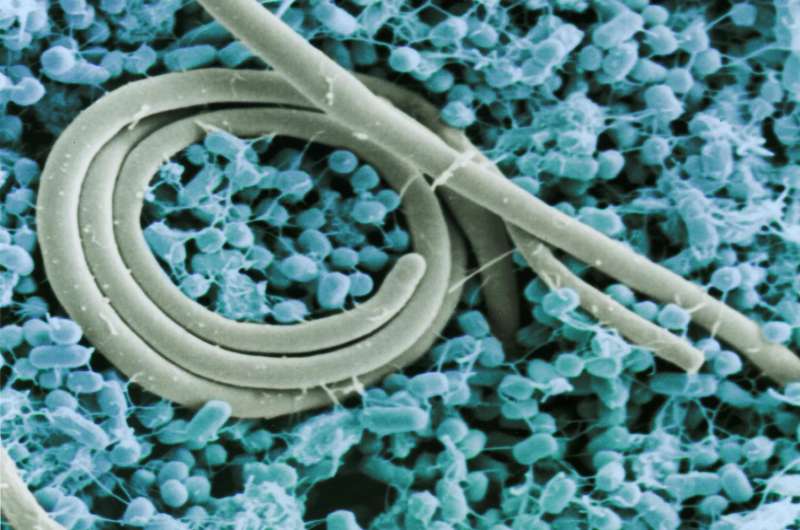Innovative Malaria Vaccine Replicates Natural Immunity with Precision

A new malaria vaccine, R21/Matrix-M, mimics natural immunity by inducing specific, long-lasting antibodies, offering promising protection against malaria at its earliest stage. Developed through advanced research, it represents a significant step toward eradicating malaria.
A groundbreaking malaria vaccine, R21/Matrix-M, has been shown to produce immune responses remarkably similar to those generated by natural infection, offering strong protection at an early stage of the parasite's lifecycle. Research published in the Journal of Experimental Medicine reveals that this vaccine induces antibodies that target a specific site on a key protein of the malaria parasite, effectively mimicking the body's natural defense mechanisms without causing disease.
The vaccine is designed to elicit an immune response against the sporozoite stage—the initial phase when the parasite is transmitted from mosquitoes to humans. By blocking the parasite at this crucial point, it prevents subsequent spread and disease symptoms. The inclusion of Novavax's Matrix-M adjuvant enhances the immune system's response, ensuring robust antibody production.
Scientists from the Texas Biomedical Research Institute and the University of Oxford have utilized advanced techniques like BCR-seq and Ig-seq to analyze the antibody profiles in vaccinated individuals. The findings indicated that the antibodies produced post-vaccination were indistinguishable from those following natural infection, and their stability suggested long-lasting protection.
This approach underscores the importance of designing vaccines that mimic natural immune responses, which could lead to more effective malaria prevention strategies. The R21/Matrix-M vaccine is now recommended by the World Health Organization for children and represents a significant advancement in the fight against malaria—a disease responsible for over 600,000 deaths annually.
The development involved extensive collaboration, including clinical trials conducted at the University of Texas at Austin. The vaccine’s ability to target specific proteins involved in parasite transmission from mosquitoes highlights its potential to disrupt the lifecycle of malaria early on. This research paves the way for future vaccines targeting different stages of the parasite's lifecycle, with the aim of ultimately eradicating the disease.
Stay Updated with Mia's Feed
Get the latest health & wellness insights delivered straight to your inbox.
Related Articles
Promising New Vaccine Targets Typhoid and Salmonella Infections in First Human Trial
A new vaccine showing strong immune responses against typhoid and invasive Salmonella has proven safe in initial human trials, offering hope for effective disease prevention in endemic regions and beyond.
Innovative Use of Nanodiamonds and Hormones for Fetal Lung Development in Rare Diaphragmatic Hernia Cases
Researchers are developing innovative treatments using nanodiamonds and growth hormones to enhance lung development before birth in babies affected by Congenital Diaphragmatic Hernia, potentially improving survival rates and outcomes.



